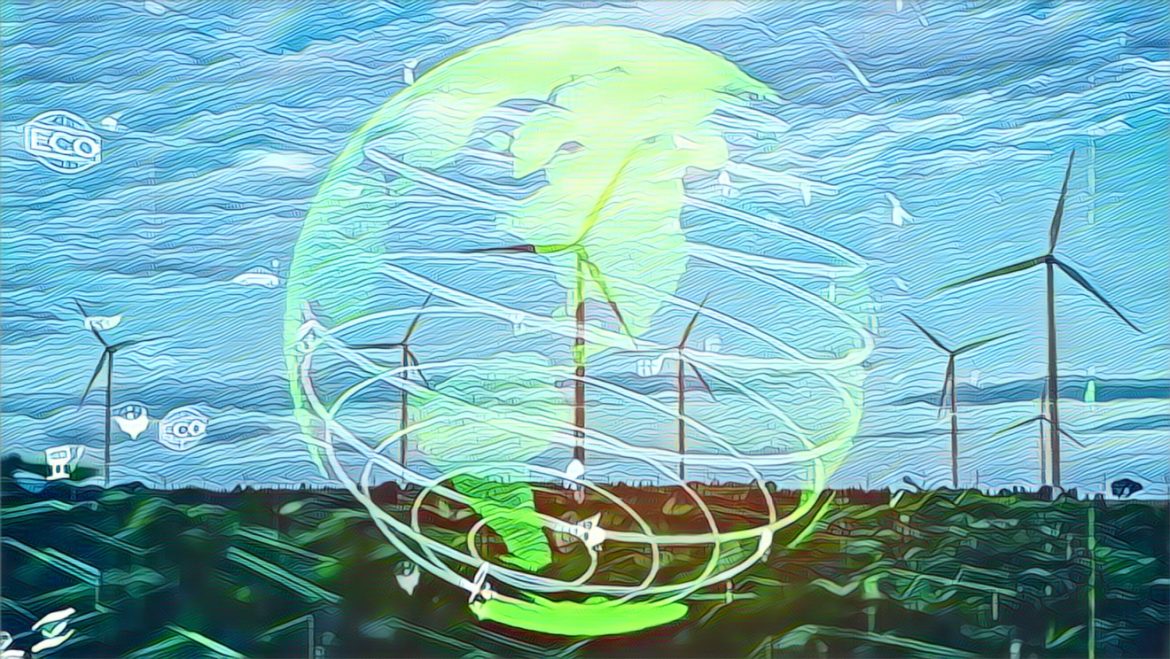As the world convenes in the United Arab Emirates for the 28th Conference of Parties (COP28), African nations, particularly fossil fuel-dependent economies like Nigeria, are preparing to present a unified stance. This effort aims to address disparities in the global movement towards net-zero emissions, amidst escalating geopolitical tensions and an uneven shift to renewable energy.
Nigeria, along with other African countries, faces the risk of losing over $6.7 trillion in hydrocarbon reserves due to climate policies. Despite Africa’s significant share of global mineral reserves essential for renewable energy, the continent has seen only a fraction of global renewable energy investments. This disparity calls for a strategic approach at the summit.
A key topic at the 13-day summit is the role of fossil fuels and carbon emissions in climate change. The need for international support to assist developing countries in adapting to climate impacts is also a central debate, with developing nations urging more funding from industrialized countries.
African nations are exploring ways to increase fossil fuel production to foster industrialization. The strategy involves reinvesting profits into renewable energy, mirroring the development paths of developed nations.
President Bola Tinubu, along with key Nigerian ministers and officials, is already in the UAE, emphasizing the urgent need for Nigeria and other African countries to advocate effectively. These discussions are crucial as climate-induced challenges continue to impact Nigeria’s economy.
COP28’s opening will feature global leaders and diplomats focusing on new commitments to reduce greenhouse emissions and adapt to climate change effects. A key element is the operationalization of the loss and damages fund agreed upon at COP27, which remains unfulfilled.
The urgency of addressing climate change is evident, with existing policies leading to a 1.1°C rise in global temperatures. This increase has intensified extreme weather events, underscoring the need for immediate action.
Prof. Adeola Adenikinju, an energy economist at the University of Ibadan, emphasizes the importance of development, job creation, and utilizing domestic energy resources in a transition towards net-zero emissions for Nigeria and Africa.
Nigeria aims to balance global energy transition trends with its development needs. It seeks extended timelines to achieve net-zero emissions and support in its energy transition efforts.
Tengi George-Okoli of the Natural Resources Governance Institute urges Nigeria to present a robust climate change plan. She highlights the need for regional strategies, particularly in oil-rich areas, to address impending climate challenges.
Nigeria’s commitment to reducing emissions includes a 20% reduction by 2030, with a conditional 47% reduction reliant on international aid, as outlined in its Nationally Determined Contributions (NDCs).
Finance and energy expert Ademola Adigun stresses the importance of Africa’s voice at COP28. Securing funding for the energy transition is a priority.
Dr. Adedoyin Adeleke, Executive Director of Green Growth Africa, calls for investment in climate action initiatives that also boost social and economic growth. He advocates for global cooperation in addressing climate and nature crises.
Prof. Wunmi Iledare highlights the relevance of oil and gas in global energy security. He emphasizes technological advancements in reducing emissions without compromising energy supply.
UN Secretary General António Guterres underscores the severity of the climate crisis. COP28 presents an opportunity for countries to set stronger climate actions and meet the Paris Agreement goals.
In a related development, Pope Francis has canceled his trip to Dubai due to health reasons.
Nigeria’s delegation, led by President Tinubu, seeks increased financial and technical support for developing nations. They aim to establish partnerships for energy transition, Article 6 projects, technology transfer, and methane mitigation.
Dr. Akinwumi Adesina, President of the African Development Bank Group, discusses the bank’s efforts in climate adaptation in Africa. He notes the continent’s minimal carbon footprint compared to developed nations and calls for equitable climate finance.


